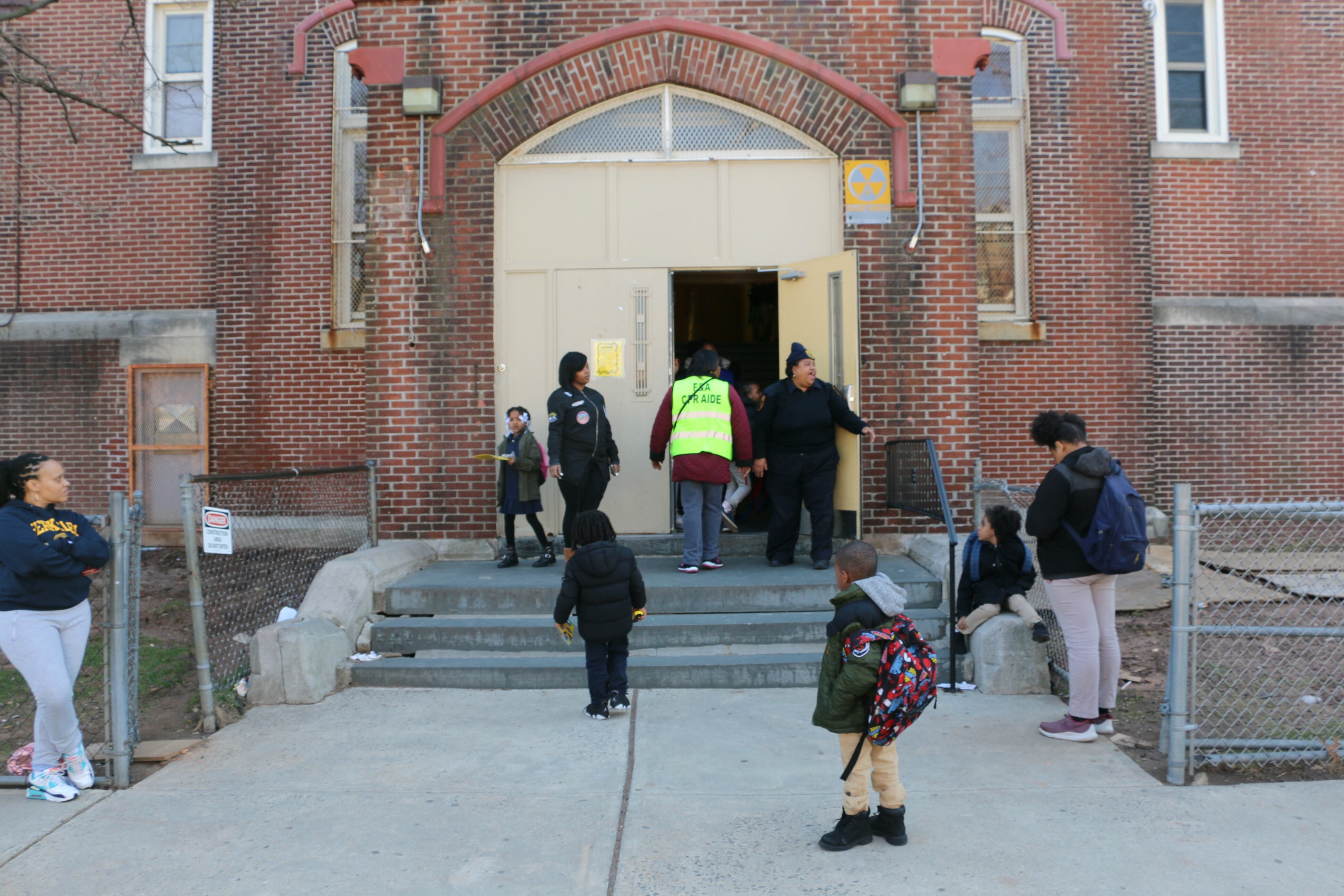Newark school leaders are asking families and educators to tell them how the district should spend $84 million in federal relief funds.
The district must seek public input to apply by May 14 for the millions in federal coronavirus relief money that has been allocated to Newark, Superintendent Roger León said Wednesday at a virtual community meeting.
Residents can use a survey — due Monday — to detail how they think the funds should be used, León said.
“Many of you have said, ‘You know the district, you have historically done whatever you wanted to do.’ This is the day where we say…We’re not going to do that,” León said. “This is one very important stakeholder series.”
He emphasized that public recommendations need to fall under “allowable uses,” which includes mental health services, summer learning, training and professional development, and providing technology for online learning, among other uses outlined in the survey.
As part of the requirement to apply for the relief funds, local school districts need to consult with stakeholders and take public input into account when developing a plan for using the money, the federal Department of Education said in a news release.
Newark officials met with stakeholders throughout April, including elected officials, principals, union presidents, students, parents, teachers and held a virtual community meeting Wednesday.
“If COVID could have done anything positive … it’s definitely this allocation of these dollars to change the lives of all the students and their families,” León said. “When we educate our children better, we impact the community profoundly.”
Newark previously received more than $19 million in federal pandemic relief money, which was spent on facemasks, air purifiers, laptops, and other COVID-related expenses. The district will soon get a third injection of federal relief funds, expected to be about double the amount of the second relief package. At least 20% of that money will have to address learning loss.
León mentioned that every student in the district has been provided with a Chromebook or laptop device if they need one, though some families have complained about faulty devices and unreliable internet connections.
Starting in September, the one-to-one program will continue by giving every kindergartener a new Chromebook that they can take home and keep until fifth grade, at which point they’ll receive a new device, he said. Those students will again receive a new device in ninth grade, he said.
During the meeting, participants shared in a chat box some ideas for the federal money, including creating a parent resource center, after school activities, and a food and clothing pantry.
The district is required to spend at least $5 million on learning acceleration and $194,805 for mental health supports and services, and can use the remaining $79 million for other needs.
“We’re not prevented from spending more [in these categories], but we have to spend at least that amount,” Business administrator Valerie Wilson said.
Wilson added that the funds can cover expenses related to the pandemic beginning March 13, 2020, and the full amount allocated to the district must be spent by Oct. 13, 2023.





